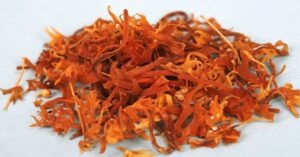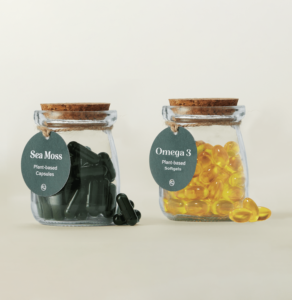The Best Fluffy Pancakes recipe you will fall in love with. Full of tips and tricks to help you make the best pancakes.

Are you a fan of intermittent fasting and curious about the effects of sea moss on your fasting routine? If so, you’ve come to the right place. In this article, we’ll explore the question of whether sea moss breaks your fast. Stay tuned to discover the truth behind this popular topic and gain a better understanding of how sea moss can fit into your fasting journey.
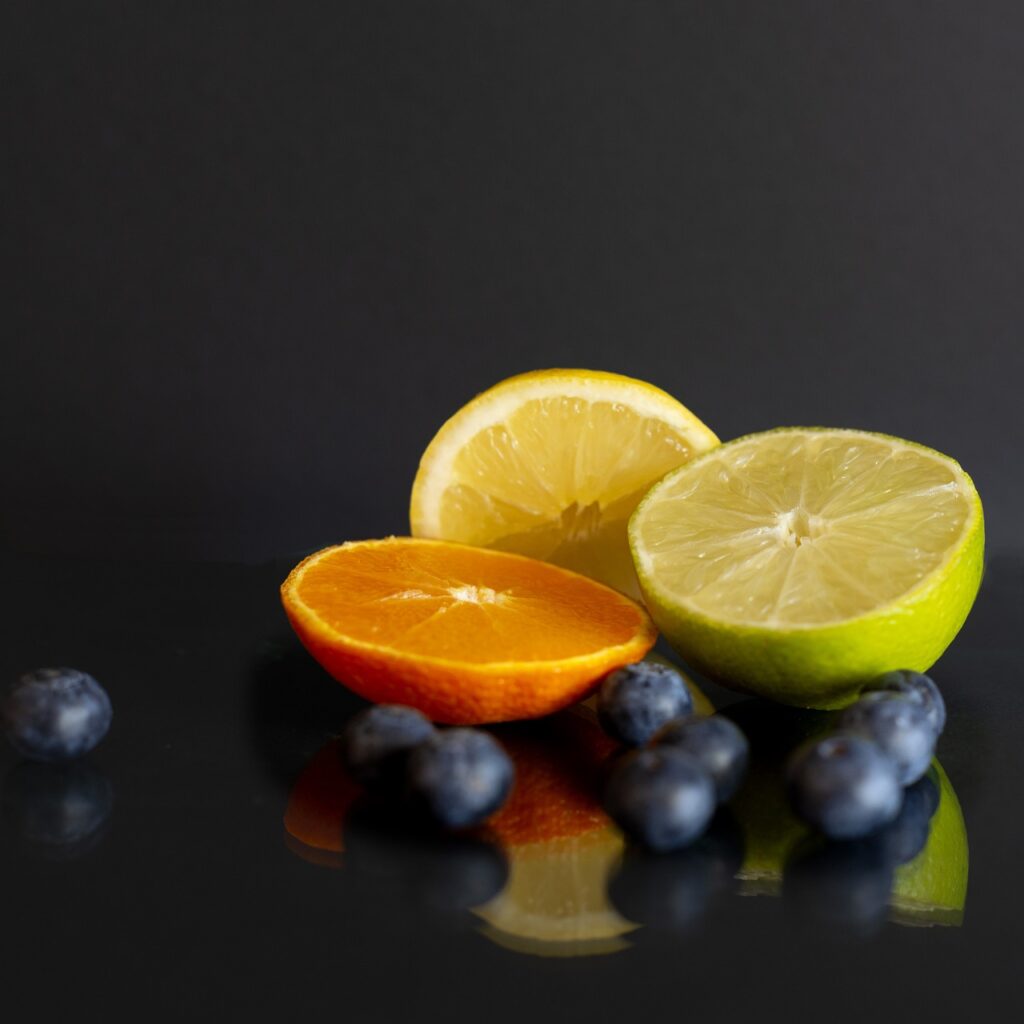
Overview of Fasting
Fasting is the practice of abstaining from food and, in some cases, drinks for a specific period of time. It has been practiced for centuries and is embraced by various cultures and religions for its physical, mental, and spiritual benefits. The primary goal of fasting is to give the digestive system a break and allow the body to initiate processes such as detoxification, cellular repair, and fat burning.
What is fasting?
Fasting involves voluntarily refraining from consuming food and, in some cases, beverages for a set period. It is not a form of starvation but rather an intentional and controlled practice that can be adjusted according to individual preferences and health considerations. While there are many different fasting methods, they can generally be categorized into three types: water fasting, intermittent fasting, and caloric restrictions.
Different types of fasting
- Water fasting: This type of fasting involves consuming only water for a specific duration, typically ranging from 24 to 72 hours or longer. It is considered the most challenging form of fasting, but proponents believe it can provide a range of health benefits.
- Intermittent fasting: Intermittent fasting involves cycling between periods of eating and fasting. The most popular methods include the 16/8 method (16 hours of fasting with an 8-hour eating window) and the 5:2 method (eating normally for five days and restricting calories on two non-consecutive days).
- Caloric restrictions: Caloric restrictions involve reducing the number of calories consumed per day, typically by a certain percentage. This approach allows for flexibility in meal choices but requires attention to portion sizes and nutrient density.
Benefits of fasting
Fasting offers a multitude of potential benefits for both the body and mind. Some of the key advantages include:
- Weight loss: Fasting can promote fat burning and contribute to weight loss.
- Improved insulin sensitivity: Fasting has been shown to enhance insulin sensitivity and help regulate blood sugar levels.
- Cellular repair and regeneration: When the body is in a fasting state, it initiates cellular repair processes and activates autophagy, a mechanism that removes damaged cells.
- Reduction of inflammation: Fasting has been linked to decreased inflammation levels in the body.
- Mental clarity and focus: Many people report increased mental clarity and improved focus during fasting periods.
- Potential longevity benefits: Some studies suggest that fasting may have the potential to extend life expectancy and improve overall health markers.
Introduction to Sea Moss
Sea moss, scientifically known as Chondrus crispus, is a type of red algae that grows abundantly along rocky shores in the Atlantic Ocean and the Caribbean Sea. It has long been prized for its numerous health benefits and has been consumed for centuries in various forms. Sea moss is highly versatile and can be used in culinary creations, skincare products, and dietary supplements.
What is sea moss?
Sea moss is a nutrient-dense sea vegetable that offers a wide array of essential minerals, vitamins, and other beneficial compounds. It is recognized for its high iodine content, which is essential for thyroid health. Sea moss also contains a significant amount of carrageenan, a gel-like substance that has thickening and stabilizing properties and is commonly used in the food industry.
Nutritional benefits of sea moss
Sea moss is an excellent source of vital minerals such as potassium, magnesium, and calcium. It also contains essential vitamins like vitamin K, vitamin E, and a range of B vitamins. Additionally, sea moss provides a good amount of dietary fiber, which promotes healthy digestion and supports a balanced gut microbiome.
Popular uses of sea moss
Due to its versatility and nutritional profile, sea moss is used in various ways. It can be added to smoothies, desserts, sauces, and soups, providing a nutrient boost to the recipes. Sea moss gel, made by blending soaked and hydrated sea moss, is a popular ingredient in raw desserts and vegan dishes. Furthermore, sea moss is used in the production of skincare products due to its potential benefits for skin health and hydration.
Breakdown of Sea Moss Components
To better understand the nutritional value of sea moss, let’s examine its main components and their roles in supporting overall health and well-being.
Carbohydrates
Sea moss contains a significant amount of carbohydrates, which provide energy to the body. These carbohydrates are primarily in the form of complex polysaccharides, including carrageenan. These compounds contribute to the gel-like consistency of sea moss and serve as a source of dietary fiber.
Proteins
Sea moss contains a modest amount of plant-based proteins, which play a crucial role in various bodily functions. Proteins are essential for muscle repair and growth, enzyme production, and the synthesis of hormones and antibodies.
Fiber
Sea moss is a good source of dietary fiber. Fiber aids in digestion, promotes feelings of fullness, and supports a healthy gut microbiome. It can help regulate bowel movements and prevent constipation.
Minerals and vitamins
Sea moss is packed with essential minerals and vitamins that are vital for maintaining optimal health. It is particularly rich in minerals such as potassium, magnesium, calcium, and iodine. These minerals support proper muscle function, bone health, and thyroid function. Sea moss also contains a range of vitamins, including vitamin K, vitamin E, and several B vitamins, which contribute to overall well-being.
Understanding Fasting Guidelines
Before incorporating sea moss into your fasting routine, it is essential to have a thorough understanding of the different fasting methods and their guidelines.
Water fasting
Water fasting involves abstaining from food and only consuming water. It is considered one of the strictest forms of fasting and should only be undertaken after careful consideration and consultation with a healthcare professional. Water fasting typically lasts for a minimum of 24 hours and can extend to several days or more.
Intermittent fasting
Intermittent fasting involves alternating between eating and fasting periods. The most common method is the 16/8 method, where you fast for 16 hours and have an 8-hour eating window. Other variations include fasting for 24 hours once or twice a week or following the 5:2 method, which involves regular eating for five days and restricting calories on two non-consecutive days.
Caloric restrictions
Caloric restrictions involve reducing the number of calories consumed each day. This approach allows for flexibility in food choices as long as the overall calorie intake remains below a certain threshold. Caloric restrictions can be personalized based on individual needs and health conditions.
Allowed vs. restricted substances
During fasting periods, it is generally advisable to avoid consuming any calories, including those from food, beverages, and supplements. However, some fasting protocols permit the consumption of certain substances that do not significantly impact insulin levels, autophagy, or the body’s fasting state. These substances may include black coffee, tea, and water.

Does Sea Moss Break Your Fast?
One common question that arises when considering sea moss during fasting is whether it breaks the fast. To determine this, several factors need to be considered.
Caloric content of sea moss
Sea moss contains a small number of calories, primarily from its carbohydrate content. While the caloric content may vary, it generally ranges from 5 to 10 calories per tablespoon. Although these calories are relatively minimal, some individuals strictly adhere to zero-calorie fasting to maximize the potential benefits.
Effect of sea moss on insulin levels
Insulin is a hormone that regulates blood sugar levels, and one of the primary goals of fasting is to promote better insulin sensitivity. While sea moss does contain carbohydrates, the overall amount consumed during fasting is minimal, and the impact on insulin levels is negligible for most individuals. However, those with specific health conditions or concerns should consult with a healthcare professional.
Impact on autophagy
Autophagy is a natural process in which the body recycles and removes damaged cells and cellular components. Some studies suggest that fasting can enhance autophagy, contributing to cellular repair and overall health. While sea moss contains nutrients, including carbohydrates, it is not expected to significantly disrupt autophagy during fasting.
Sea moss as a natural appetite suppressant
One potential benefit of sea moss during fasting is its ability to act as a natural appetite suppressant. The fiber content in sea moss can promote feelings of fullness, reducing the desire to eat. This can be beneficial for individuals who struggle with hunger pangs during fasting periods.
Expert Opinions
To gain further insight into the impact of sea moss on fasting, it is important to consider expert opinions, scientific studies, and the perspectives of nutritionists and dietitians.
Studies on sea moss and fasting
While studies specifically examining the effects of sea moss on fasting are limited, research on sea moss and its nutritional composition provides valuable information. The studies highlight the potential health benefits of sea moss and its role in supporting overall well-being.
Comments from nutritionists and dietitians
Many nutritionists and dietitians believe that consuming sea moss in moderation during fasting should not break the fast. They emphasize the importance of individual preferences, health goals, and bioindividuality when making decisions about incorporating sea moss into fasting routines. Consulting a healthcare professional can provide personalized guidance based on specific health needs.
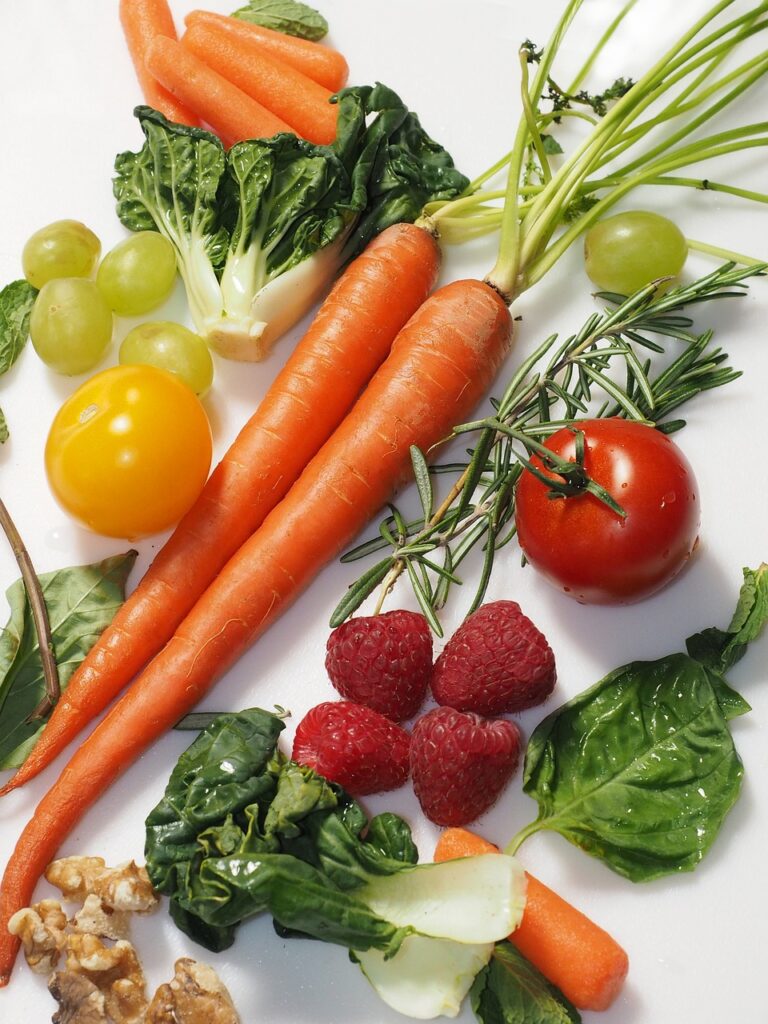
Personal Experiences
Exploring personal experiences with sea moss during fasting can provide anecdotal evidence on its effects and benefits.
Testimonials from individuals practicing fasting
Some individuals who practice fasting have reported positive experiences when incorporating sea moss into their routine. They attribute benefits such as increased energy, reduced hunger, and improved overall well-being to the consumption of sea moss during fasting periods.
Incorporating sea moss into fasting routines
Many fasting enthusiasts have experimented with incorporating sea moss in various forms, including sea moss gel, smoothies, and desserts. By monitoring their body’s response, they have found ways to enjoy the benefits of sea moss while still adhering to their fasting objectives.
Practical Recommendations
Before deciding to incorporate sea moss into your fasting routine, it is crucial to consider practical recommendations.
Consulting a healthcare professional
Individuals with specific health concerns or conditions should seek guidance from a healthcare professional before adding sea moss to their fasting practices. Healthcare professionals can provide personalized advice and recommendations based on individual health needs.
Considering individual health goals
It is important to align the decision to incorporate sea moss into fasting with individual health goals. Understanding the potential benefits and risks specific to personal circumstances can help make informed choices.
Monitoring one’s body and reactions
Observing changes in energy levels, hunger, digestion, and overall well-being when consuming sea moss during fasting can provide valuable feedback. Everyone’s body responds differently, and being attentive to personal reactions can help determine whether sea moss is a suitable addition to the fasting routine.
Experimenting with sea moss during different types of fasting
To better understand the compatibility of sea moss with fasting, individuals can experiment with incorporating it during different fasting methods. Whether through water fasting, intermittent fasting, or caloric restrictions, observing the effects and ease of adherence can guide decisions on long-term use.
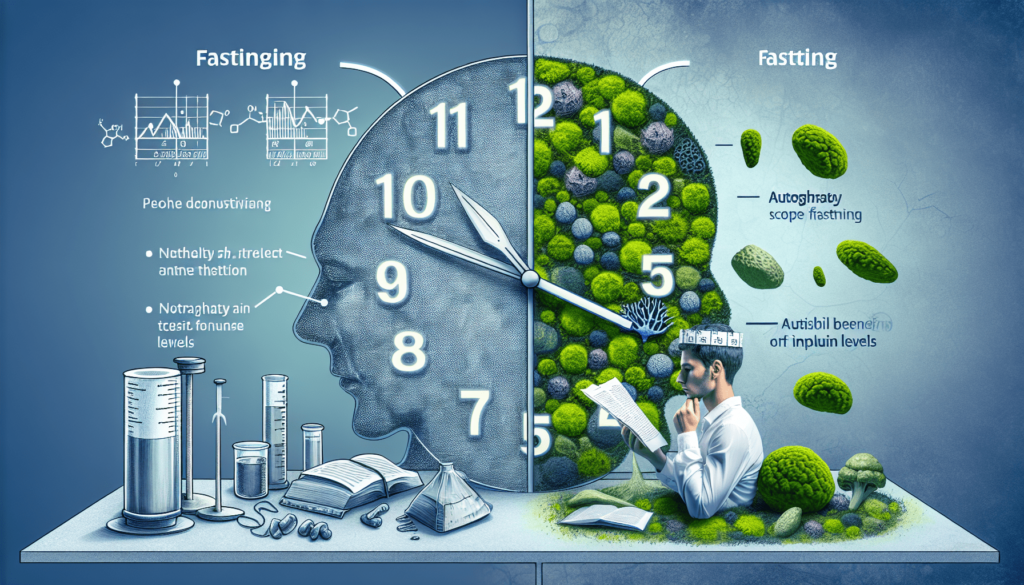
Risks and Considerations
While sea moss can offer numerous benefits, there are some risks and considerations to keep in mind.
Allergies or sensitivities to sea moss
Some individuals may have allergies or sensitivities to sea moss or other seaweed varieties. It is essential to be aware of any potential adverse reactions and discontinue use if any allergies or sensitivities are detected.
Potential interactions with medications
Certain medications, such as blood thinners or thyroid medications, may interact with sea moss. Individuals taking medication should consult with their healthcare professional before incorporating sea moss into their fasting routine.
Overconsumption and its effects
Although sea moss is nutrient-dense and has many benefits, overconsumption can lead to an excessive intake of certain minerals. It is important to consume sea moss in moderation and be mindful of any potential mineral imbalances.
Importance of moderation
While sea moss can be a valuable addition to fasting routines, it is important to remember that moderation is key. Adding sea moss in excessive amounts or relying solely on sea moss for nutritional needs during fasting may not provide a balanced approach to overall health and well-being.
Conclusion
Sea moss is a nutrient-packed seaweed that offers various health benefits and is commonly incorporated into fasting routines. When considering sea moss during fasting, it is crucial to understand the different fasting methods, nutritional components of sea moss, the impact on fasting guidelines, expert opinions, personal experiences, practical recommendations, and potential risks. By making informed decisions based on individual preferences, health goals, and professional guidance, sea moss can be a beneficial addition to a fasting routine. Remember to listen to your body, monitor your reactions, and enjoy the potential benefits that sea moss and fasting can provide in supporting a healthy lifestyle.


